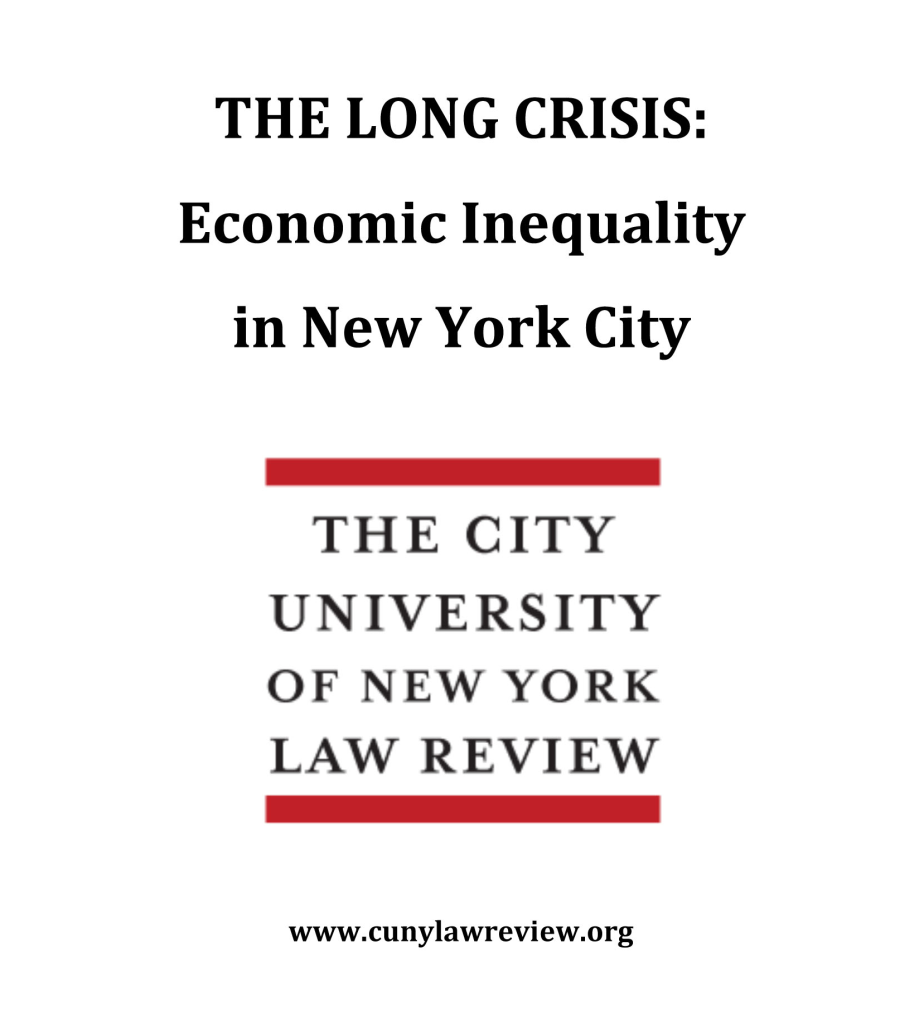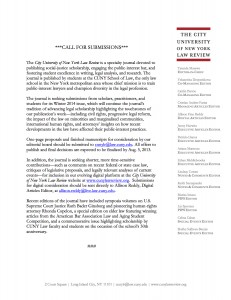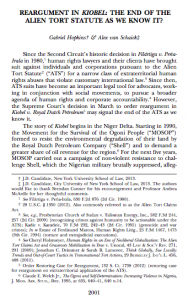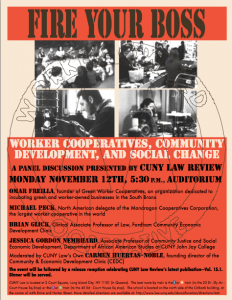Andrea Scozzaro*
Click here for a recommended citation and to download a paginated PDF version of this article.
Introduction
This article addresses the issues of unethical employment practices and lack of fair labor standards in developing countries. The discussion on such problems, although ongoing since the 1970s, is still of primary importance both within the scholarly community and the wider public. The fact that big, multinational enterprises of developed countries still engage in violations of workers’ rights is certainly stunning, yet not so surprising given the connections between such violations and the current structure of the global economy. In the wake of a nearly fifty-years-old process of globalization, the worldwide implementation of competition rules in the labor market stimulates “race to the bottom” outcomes, with millions of workers in developing countries suffering from slavery-like working conditions, wages below subsistence level, and inhumane treatments.
Despite the progress made in the field of labor protection thanks to private and governmental initiatives in the last several decades, the current legal tools used to avoid massive workers’ rights violations have been proven ineffective. This is due to the apparently unsolvable friction that exists between the huge economic power of enterprises and the desperate need for economic support of developing countries.




